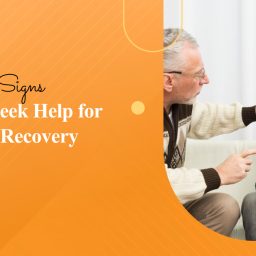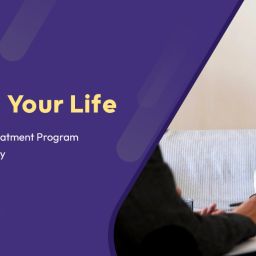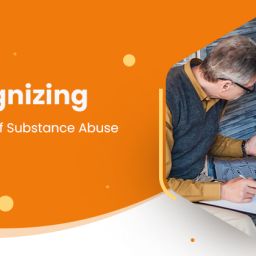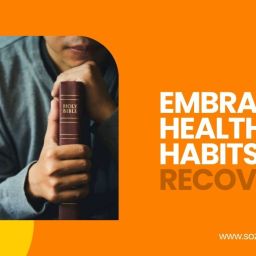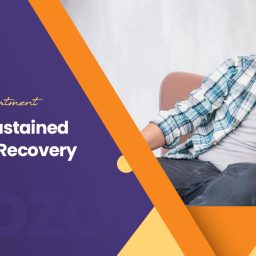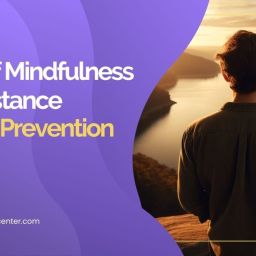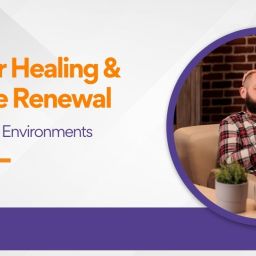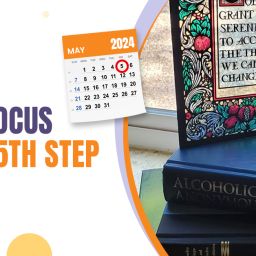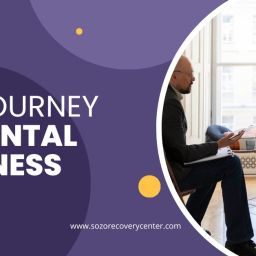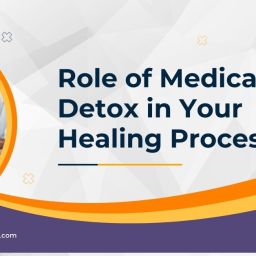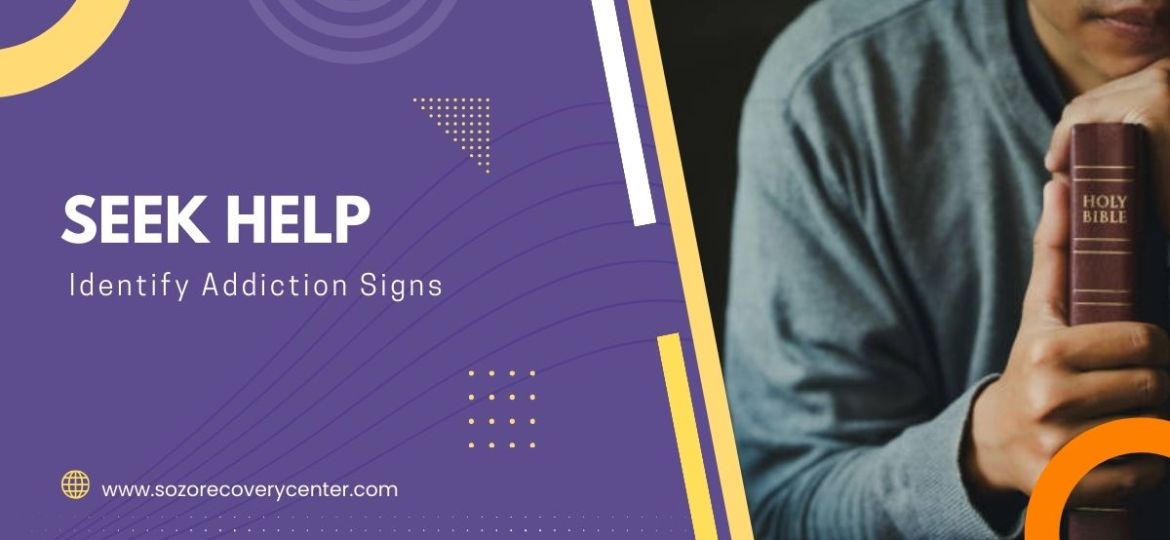
Do you know someone who needs addiction treatment but not seeking one?
It is not uncommon as a lot of people are struggling with addiction issues in Hot Springs and other parts of the US. People frequently find themselves falling into addictive patterns without even realizing it in today’s fast-paced world. What starts as a way to relax or deal with life’s stresses can easily turn into a compulsive addiction. Addiction’s deceptive nature frequently prevents us from recognizing its warning signals, trapping us in a cycle of hopelessness and denial. Amid the daily grind and the chase of accomplishment, one can easily miss the warning signs and overlook when to seek help.
What Signs To Look For Before Opting For Addiction Treatment?
How can people become vulnerable to addiction without realizing the warning signs?
There might be several factors that can lead to addiction, such as the pressure to cope with stress or the attraction of social events. Addiction symptoms must always be recognized, whether one is in a busy city or a tranquil rural retreat.
Here are the five key signs that indicate it’s time to get addiction treatment. By recognizing these signs and shedding light on a route toward healing and recovery, you can create a better future for the people you care about.
- Increasing Dependency and Tolerance: A growing tolerance to drugs is one of the first indications of addiction. An occasional indulgence can turn into a compulsive need for more very quickly. An increasing dependence on any substance be it alcohol, prescription drugs, or illicit drugs can indicate the beginning of addiction. If you notice that to get the desired effect, one needs to take higher doses or engage in addictive behaviors more frequently, pay attention.
- Fulfills More Than 3 DSM-5 Substance Use Disorder Criteria: Diagnostic criteria for substance use disorders are derived from the Diagnostic and Statistical Manual of Mental Disorders (DSM-5). It’s highly suggestive of addiction if you or someone you know fits more than three of the below-mentioned criteria:
- Taking the drug for longer than planned or in greater quantities.
- A recurrent desire to reduce or control substance use, or unsuccessful attempts to do so.
- Putting in a lot of time acquiring, utilizing, or recovering from the drug’s effects.
- A strong need or craving to use the drug.
- Continued use despite ongoing or recurring interpersonal or social issues
- Drugs or Alcohol Are the Main Priority: There may be an addiction when drugs or alcohol take center stage in your priorities, behaviors, and thoughts. Drug and alcohol addiction tends to have a detrimental effect on your relationships and general well-being. It can manifest itself in various ways, such as compulsive planning for drug use, incessant cravings for more drinks, or giving up on important aspects of life to get substances. In the depths of an addiction, it can be very challenging to comprehend your intentions and motives. Many addicts fail to see the point because they think they’re in control of their lives.
- Frequent Health Issues: Regular health issues brought on by substance abuse are a major warning sign of addiction. The toll on one’s physical and mental health is irreversible and can include recurrent illnesses, injuries, and mental health problems made worse by substance abuse. These health problems serve as urgent signals that intervention is required, ranging from respiratory issues caused by smoking or drug use to liver damage due to excessive alcohol consumption.
- Failed Attempts at Giving Up: One of the biggest indicators of addiction is persistently attempting and failing to reduce or stop using substances or engaging in addictive behaviors. People who struggle with addiction frequently find themselves caught in a cycle of relapse and regret, despite their desire to change. It could be time to get support and assistance from a professional if you’ve tried to stop on your own several times but haven’t succeeded.
Conclusion:
Identifying the symptoms of addiction is the first step in getting treatment and taking back control of your life. Help and resources are available to assist on the recovery journey, regardless of whether you or your loved one is battling with drugs, alcohol, or any other addictive behavior.
Numerous options exist for pursuing wellness, ranging from medical interventions and residential treatment programs to therapy and support groups. Recall that asking for assistance is a brave choice to put your health and well-being first rather than a sign of weakness.


